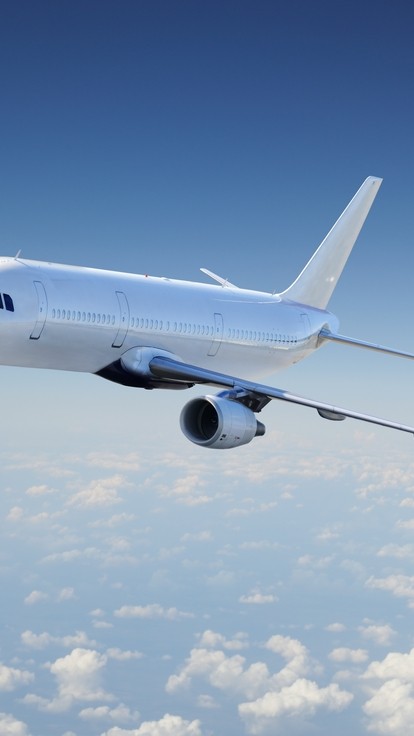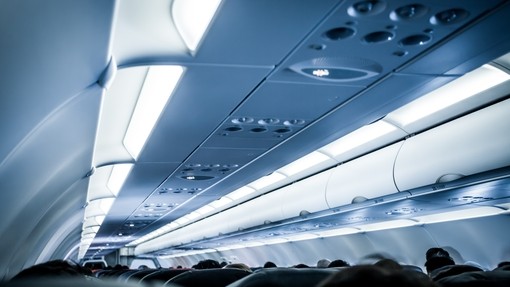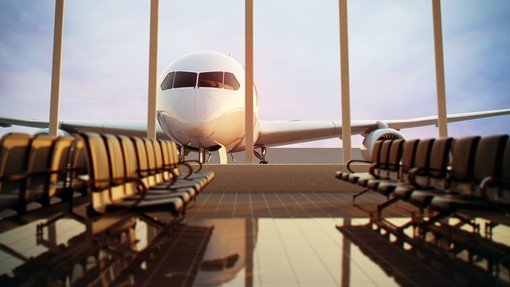UK and US laptop ban disrupts the travel industry and its customers

Details
The UK laptop ban came into force on Sunday 26 March 2017 amid continued questions raised by aviation security experts about the viability of the ban as well as concerns amongst passengers about placing their valuables into the hold.
Following a similar (but not the same) ban in the US, passengers on any UK-bound flights departing from airports in Turkey, Egypt, Saudi Arabia, Jordan, Lebanon and Tunisia are required to place all electronic items larger than a smartphone into the aircraft hold. This means that devices longer than 16.0cm, wider than 9.3cm and deeper than 1.5cm will need to be carried as checked luggage. At the time of writing, Amber Rudd, the UK home secretary, has not ruled out the possibility of extending the ban to all flights into the UK. Elsewhere, the US Department of Homeland Security’s ban is airport-specific and focuses on any US-bound flights departing from several North African and Middle Eastern countries. The specific countries and airports are:
- Queen Alia International Airport (AMM) in Jordan
- Cairo International Airport (CAI)
- Ataturk International Airport (IST)
- King Abdulaziz International Airport (JED) in Jeddah
- King Khalid International Airport (RUH) in Riyadh
- Kuwait International Airport (KWI)
- Mohammed V Airport (CMN) in Morocco
- Hamad International Airport in Doha
- Dubai International Airport (DXB)
- Abu Dhabi International Airport (AUH)
The inclusion of Dubai, Abu Dhabi and Doha – the home bases of Emirates, Etihad and Qatar – has led to a degree of cynicism within certain industry circles as to whether these restrictions are motivated entirely by security. Other EU countries have so far not followed suit.
The bans have sparked debate amongst aviation security specialists, IT engineers, aircraft technicians and a host of other experts about how effective such a ban will be in keeping passengers safe. The intelligence services were understandably vague about the threat, but it is now emerging that certain terrorist groups are exploring the use of explosives concealed in laptops, tablets and e-readers. Following the Daallo Airlines incident on 2 February 2016, where a bomb concealed in a laptop exploded 20 minutes after the aircraft departed Mogadishu airport, tearing a hole and the airframe through which the hapless bomber was ejected, there have been legitimate fears about the damage that an improvised explosive device (IED) could do in a pressurized cabin at cruising altitude (the Somali aircraft had only reached 11,000ft at the time the laptop detonated).
Some argue that a laptop buried under luggage in a reinforced hold will isolate an explosion and more importantly physically separates the terrorist from the device. However, others argue that a violent explosion and fire that overpowers the suppressant system poses a far greater risk. Lithium ion batteries are considered dangerous goods albeit airlines will carry the sorts of power packs built into portable electronic devices in the hold.
From a passenger perspective, travel insurance does not generally cover valuable items placed into the hold and nothing has been done to address this reverse in general practice. Most airline conditions of carriage disclaim liability for such items as a matter of course. Since neither the US or UK Government would ever pick up the bill for a damaged or lost laptop, that leaves passengers in a challenging position. Article 17 of the Montreal Convention 1999 provides some redress for damage to or loss of baggage in the charge of the carrier to the extent that such damage has not resulted from the inherent defect, quality or vice of the baggage. Article 22 currently limits the carrier’s liability to 1,131 Special Drawing Rights (SDRs), unless the passenger makes, and pays a supplement for, a special declaration of interest. The passengers may be awarded higher sums if the airline (or its handling agent) recklessly or intentionally causes damage, but that requires an element of proof and the rigmarole of legal proceedings. The impact at a commercial level is potentially significant if business travellers are bereft of their work tools for a long haul flight. This would explain some of the cynicism surrounding the US ban, if the big three Middle East carriers – Emirates, Etihad and Qatar (M3) – start losing market share of the lucrative business services to US or European carriers as an indirect result of it.
Nobody questions legitimate safety and security objectives, which should prevail over commercial or customer inconvenience interests. However, a growing number of experts argue that airport security should be the real focus in tackling such threats. Assessing the risk to international aviation remains a fraught and difficult task for all of those involved.





